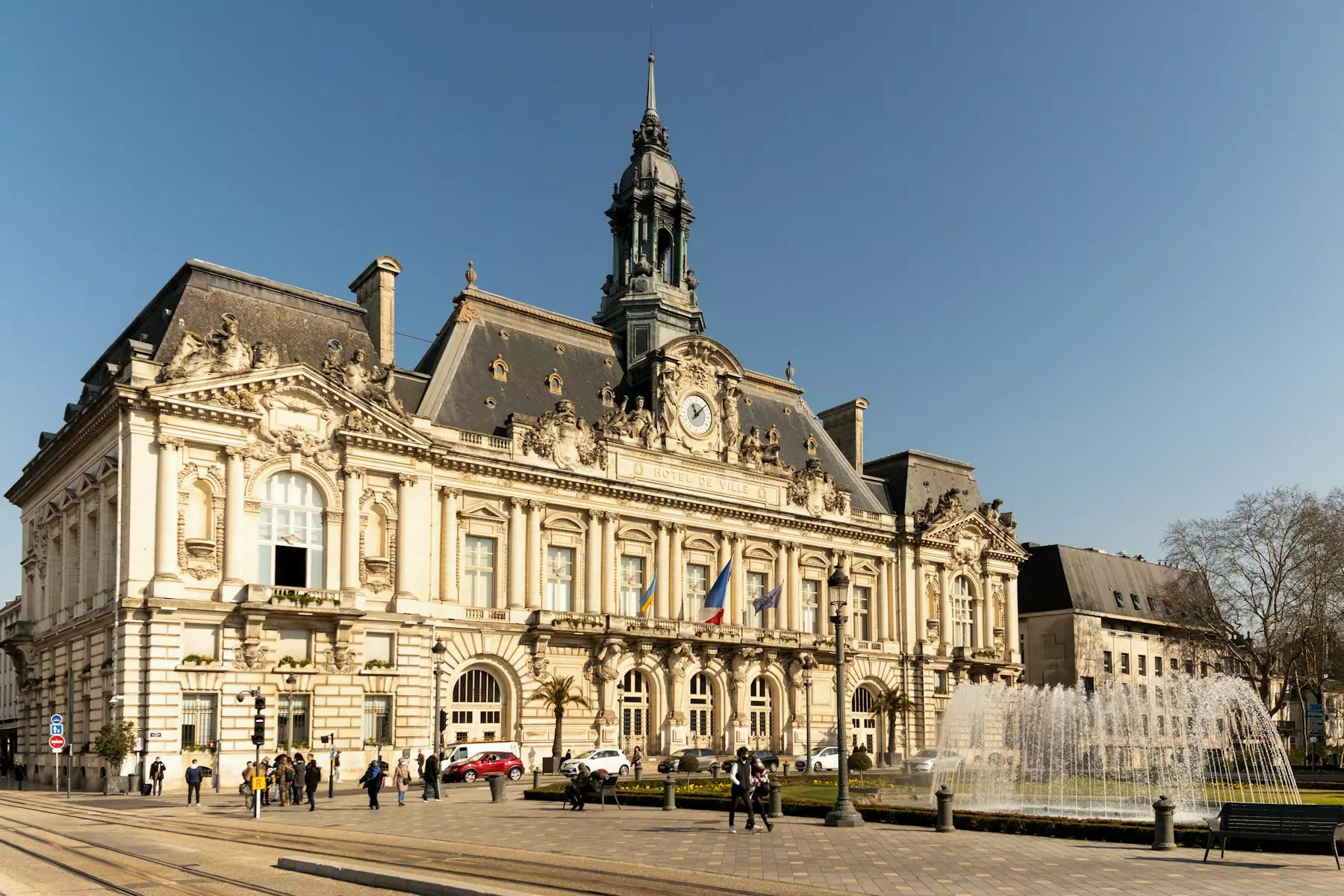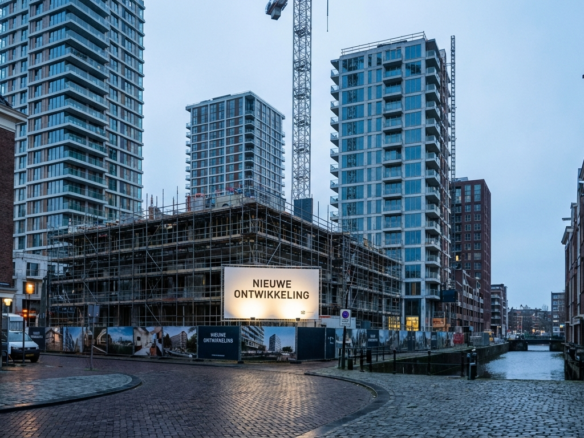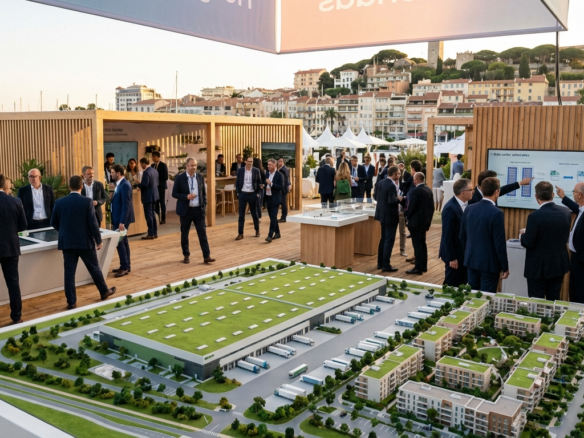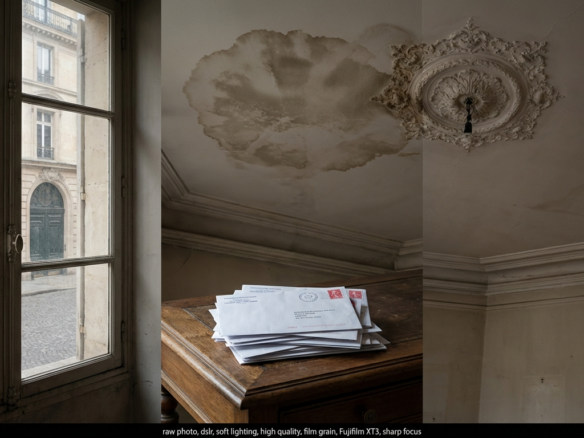Tours and the Loire Valley: Your Complete French Property Guide
The Loire Valley has long captivated international buyers seeking authentic French living combined with excellent infrastructure and cultural richness. At the heart of this UNESCO World Heritage region sits Tours, a vibrant city that perfectly balances historical charm with modern convenience. Whether you’re dreaming of a riverside apartment in the city center or a traditional stone farmhouse surrounded by vineyards, this region offers diverse property options to suit various budgets and lifestyles.
Get 50% OFF!
Subscribe to our newsletter and enjoy a 50% discount on all listing packages, no strings attached!

Understanding the local property market, legal requirements, and lifestyle factors is essential before making your investment in French real estate. This comprehensive guide walks you through everything you need to know about buying property in Tours and the surrounding Loire Valley, from market prices and property types to the practicalities of daily life in this beautiful corner of central France.
Discovering Tours: Gateway to the Loire Valley
Tours serves as the capital of the Indre-et-Loire department and stands as one of France’s most appealing mid-sized cities. With approximately 140,000 residents in the city proper and nearly 500,000 in the greater metropolitan area, Tours offers the perfect blend of urban amenities and small-town accessibility. The city’s location along the Loire and Cher rivers places it at the geographical heart of the famous château country, making it an ideal base for exploring the valley’s Renaissance castles, including Chenonceau, Amboise, and Villandry.
The region’s accessibility represents one of its strongest selling points for international buyers. Tours sits just one hour from Paris via high-speed TGV train, with regular services connecting the city to the capital in under 70 minutes. The A10 motorway provides excellent road connections north to Paris and south to Bordeaux, while Tours Val de Loire Airport offers seasonal flights to several European destinations. This connectivity makes the area particularly attractive for those maintaining professional ties to Paris or other major cities while seeking a more relaxed pace of life.
Property Types and Prices in the Region
The Loire Valley property market presents excellent value compared to Paris and many other European regions, though prices have steadily increased as the area’s desirability grows. In Tours city center, particularly in the restored medieval Vieux Tours district with its half-timbered houses and Place Plumereau, apartments typically range from €2,500 to €3,500 per square meter. Modern apartments in newer developments on the city outskirts generally cost between €2,000 and €2,800 per square meter, offering more space and contemporary amenities at lower prices.
Beyond the city limits, the property options become even more diverse and affordable. Traditional stone houses in villages within a 30-kilometer radius of Tours can be found from €150,000 to €300,000, depending on size and condition. These properties often feature authentic architectural details like exposed beams, stone fireplaces, and attached barns or outbuildings perfect for conversion. For buyers seeking more substantial estates, manor houses and small châteaux with several hectares of land are available from €500,000 upward, with some requiring renovation work. The following property types are most commonly available:
Urban Properties:
- City center apartments (40-100 square meters)
- Townhouses in historic quarters
- Modern loft conversions in former industrial buildings
- Riverside apartments with Loire views
Rural Properties:
- Longère farmhouses with original features
- Village houses with gardens
- Wine-grower properties with caves and cellars
- Renovated mills and outbuildings
- Manor houses with parkland
Legal Steps for Buying French Property
Purchasing property in France follows a well-established legal process that protects both buyers and sellers, though it differs significantly from procedures in other countries. The process typically begins when you make an offer on a property, which, if accepted, leads to the signing of a compromis de vente or promesse de vente. This preliminary contract, legally binding for both parties, includes all essential details about the property and sale conditions. Buyers typically have a mandatory seven-day cooling-off period after signing, during which they can withdraw without penalty.
The completion process usually takes two to three months from signing the preliminary contract. During this period, several important steps occur: the notaire (a state-appointed legal officer) conducts property searches, verifies ownership, checks for outstanding debts or planning issues, and prepares the final deed of sale. Buyers must arrange financing if needed and organize property surveys or diagnostics, which are mandatory in France and cover aspects like asbestos, lead, termites, energy performance, and natural disaster risks. Budget for additional costs beyond the purchase price:
- Notaire fees: Approximately 7-8% for older properties, 2-3% for new builds
- Agency fees: Usually 5-10% of the purchase price (sometimes included in the advertised price)
- Survey costs: €500-€1,500 depending on property size
- Currency transfer fees: Variable depending on your provider
- Property taxes: Taxe foncière (property tax) and taxe d’habitation (residence tax, being phased out for primary residences)
Foreign buyers face no restrictions on purchasing French property, though non-EU citizens should verify visa requirements for extended stays. Opening a French bank account is highly recommended for managing utility payments and local expenses, and many banks require proof of address and income documentation.
Living in Tours: Lifestyle and Amenities
Daily life in Tours offers a quality rarely matched in larger French cities, with excellent infrastructure, cultural activities, and a genuine French atmosphere largely untouched by mass tourism. The city center features extensive pedestrianized streets lined with independent boutiques, weekly markets, and numerous cafés and restaurants serving local Loire Valley cuisine. The covered market, Les Halles, operates six days a week and showcases regional specialties including rillettes, goat cheese, and wines from nearby Vouvray, Chinon, and Bourgueil appellations. The Saint-Pierre-des-Corps district hosts a larger market on Sundays, attracting vendors from across the region.
Healthcare standards in Tours are exceptional, with the CHU de Tours (university hospital) ranking among France’s top medical facilities and offering specialized services across all disciplines. The city supports numerous private clinics, specialist practices, and English-speaking doctors, making it easier for international residents to access care. Education options are equally strong, with excellent state schools, several private institutions, and international sections in certain lycées. The University of Tours attracts over 30,000 students, contributing to the city’s youthful, dynamic atmosphere and supporting a vibrant cultural scene that includes:
Cultural Attractions:
- Multiple museums including the Musée des Beaux-Arts
- Theatre and opera performances at the Grand Théâtre
- Summer festivals celebrating music, food, and wine
- Cinema multiplexes and art-house theaters
Outdoor Activities:
- Cycling paths along the Loire à Vélo route
- Public parks and botanical gardens
- Golf courses within 30 minutes
- Water sports on the Loire and Cher rivers
The climate in the Loire Valley is temperate, with warm summers averaging 25°C and mild winters rarely dropping below freezing. The region receives moderate rainfall distributed throughout the year, supporting the lush gardens and vineyards that characterize the landscape. This pleasant weather encourages outdoor living and makes the area particularly appealing for retirees and families seeking a healthy lifestyle.
Frequently Asked Questions
Can non-French citizens buy property in Tours and the Loire Valley?
Yes, there are no restrictions on property purchases by foreign nationals in France, regardless of whether they are EU citizens or from outside Europe. The buying process is identical for all buyers, though non-EU citizens should check visa requirements if planning to spend extended periods in France.
How long does the French property buying process take?
From offer acceptance to final completion typically takes between two and four months. The timeline depends on factors including mortgage arrangements, property searches conducted by the notaire, and the complexity of the transaction. Cash buyers without financing contingencies may complete purchases more quickly.
What are the ongoing costs of property ownership in France?
Annual costs include taxe foncière (property tax, typically €800-€2,000 for average properties), utilities (electricity, water, internet averaging €150-€250 monthly), home insurance (€300-€600 annually), and maintenance expenses. Properties in shared buildings also incur service charges for common areas and building maintenance.
Is Tours a good location for rental investment?
Tours offers solid rental potential due to its large student population, hospital workers, and business professionals. The university and medical sector provide consistent tenant demand, particularly for one and two-bedroom apartments. Rental yields typically range from 4% to 6% gross, depending on location and property type.
Do I need to speak French to live in Tours?
While English speakers can manage initially, particularly in tourist-oriented businesses, learning French significantly improves your integration and daily experience. Tours is not heavily internationalized like Paris or the Côte d’Azur, so French language skills are important for handling administrative matters, healthcare appointments, and building local friendships.
What is the best area to buy property around Tours?
The answer depends on your priorities. The historic Vieux Tours offers walkability and character but higher prices. Northern suburbs like Saint-Cyr-sur-Loire provide family-friendly environments with good schools. Villages like Vouvray, Montlouis-sur-Loire, or Azay-le-Rideau offer rural charm while remaining within easy reach of Tours amenities. Consider proximity to amenities, transport links, and whether you prefer urban or rural living.
Conclusion
Tours and the Loire Valley present a compelling proposition for property buyers seeking authentic French living without sacrificing modern conveniences or connectivity. The region’s combination of reasonable property prices, excellent infrastructure, rich cultural heritage, and high quality of life makes it increasingly popular among international buyers, particularly those from the UK, Belgium, and the Netherlands. Whether you’re looking for a primary residence, retirement home, or investment property, the area offers diverse options to match various budgets and lifestyle preferences.
The buying process, while different from other countries, is well-regulated and protects purchaser interests when proper legal procedures are followed. Working with experienced local professionals including English-speaking estate agents and notaires can smooth the transaction and help you navigate French property law. With its perfect positioning just an hour from Paris yet surrounded by vineyards, châteaux, and the peaceful Loire River, Tours represents one of France’s best-kept secrets for property investment and lifestyle relocation.





Join The Discussion